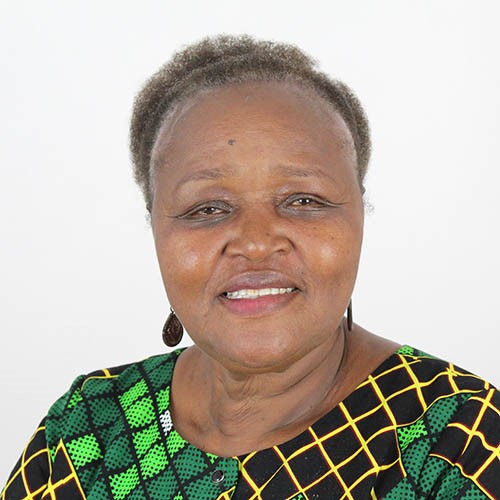One day, Feddy took a cow to the back of his house to better to feed his four children. The care given to the animal, we do produce more milk than average (10 liters per day). So she started to sell to her colleagues, civil servants like her. Given the success of her small business, she took on a second cow, then others, built a stable, then two. Today, Feddy Tesha has 60 cows, producing more than 1,000 liters per day, and his milk processing plant receives the production of 135 small producers, mostly women. His company, Profate Investment Ltd, is seeking $1.2 million to develop a dairy cooperative in the Mkuranga district, south of Dar es Salaam, where 624 small producers are ready to deliver their milk. She believes that hundreds of farmers, like her, can "scale up," that is, from survival to mass production.
The cooperative she is preparing will have at its heart a model farm where courses will be given: modern dairy production practices, dairy farm architecture, veterinary care, hay storage and the use of grain silos, hygienic milk handling, biogas and solar energy, rainwater harvesting, preparation of drought-resistant and high-nutrient pastures, artificial insemination.
A large part of the members of the future cooperative are Maasai women who, in the culture of their ethnic group, are in charge of the milk.
Feddy Tesha hopes to transform his country's dairy industry. In the meantime, his success has already transformed the lives of his children. The eldest is a lab technician at a hospital. The second is a computer scientist. The third is pursuing an MBA at a top school. As for his adopted son, the youngest, he studied finance and works in real estate.

